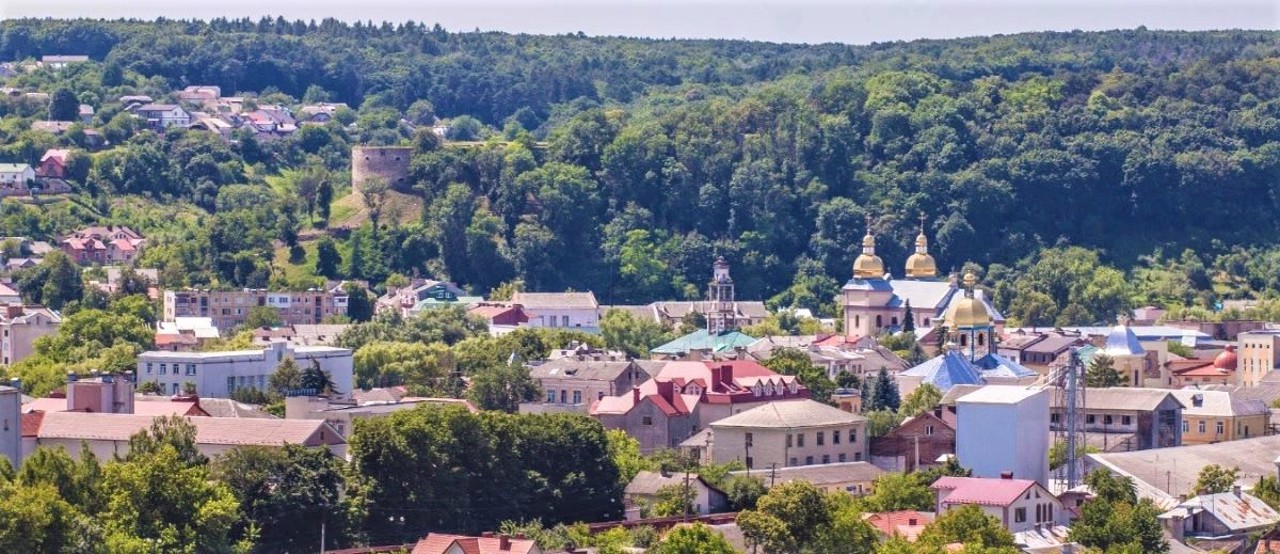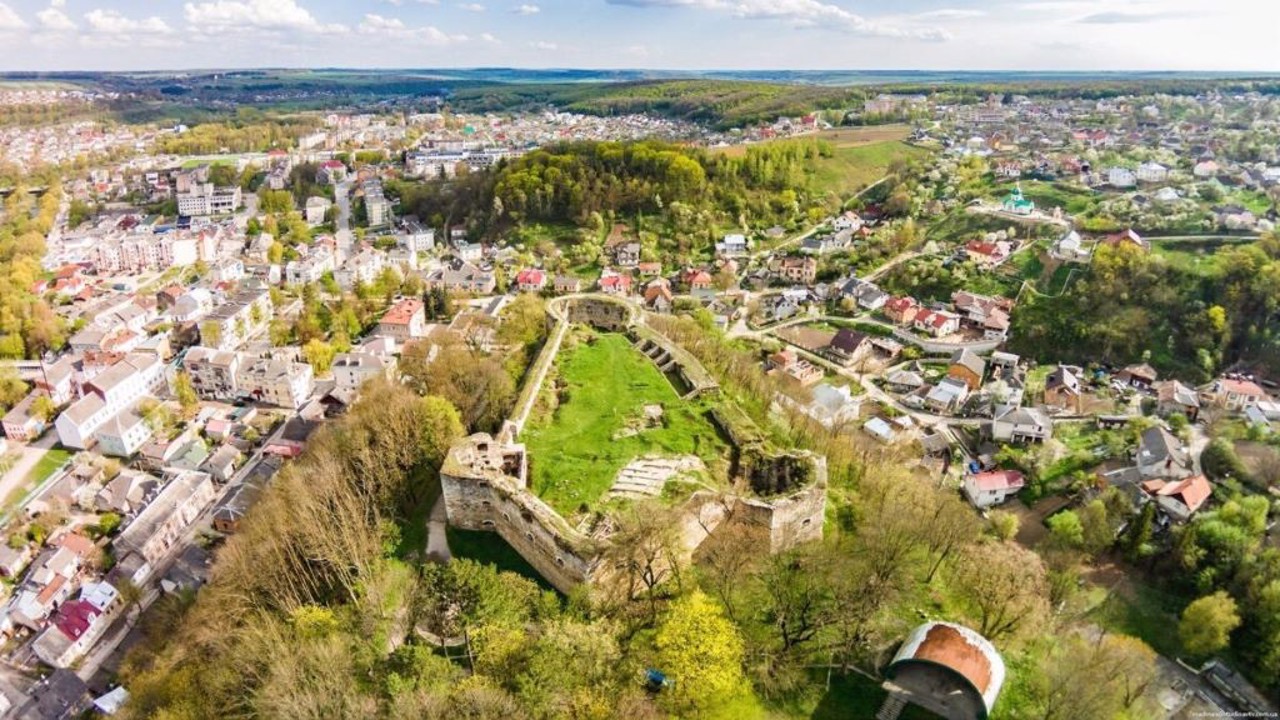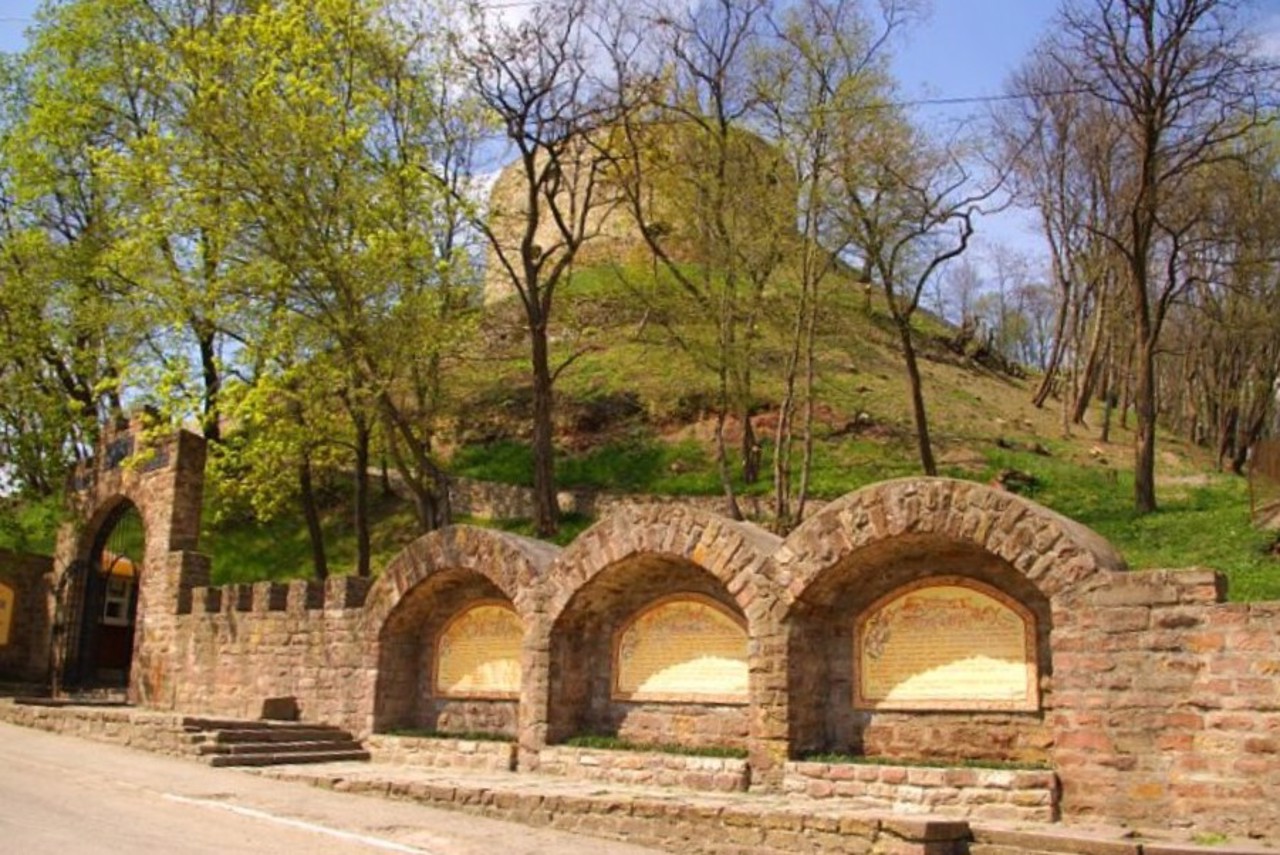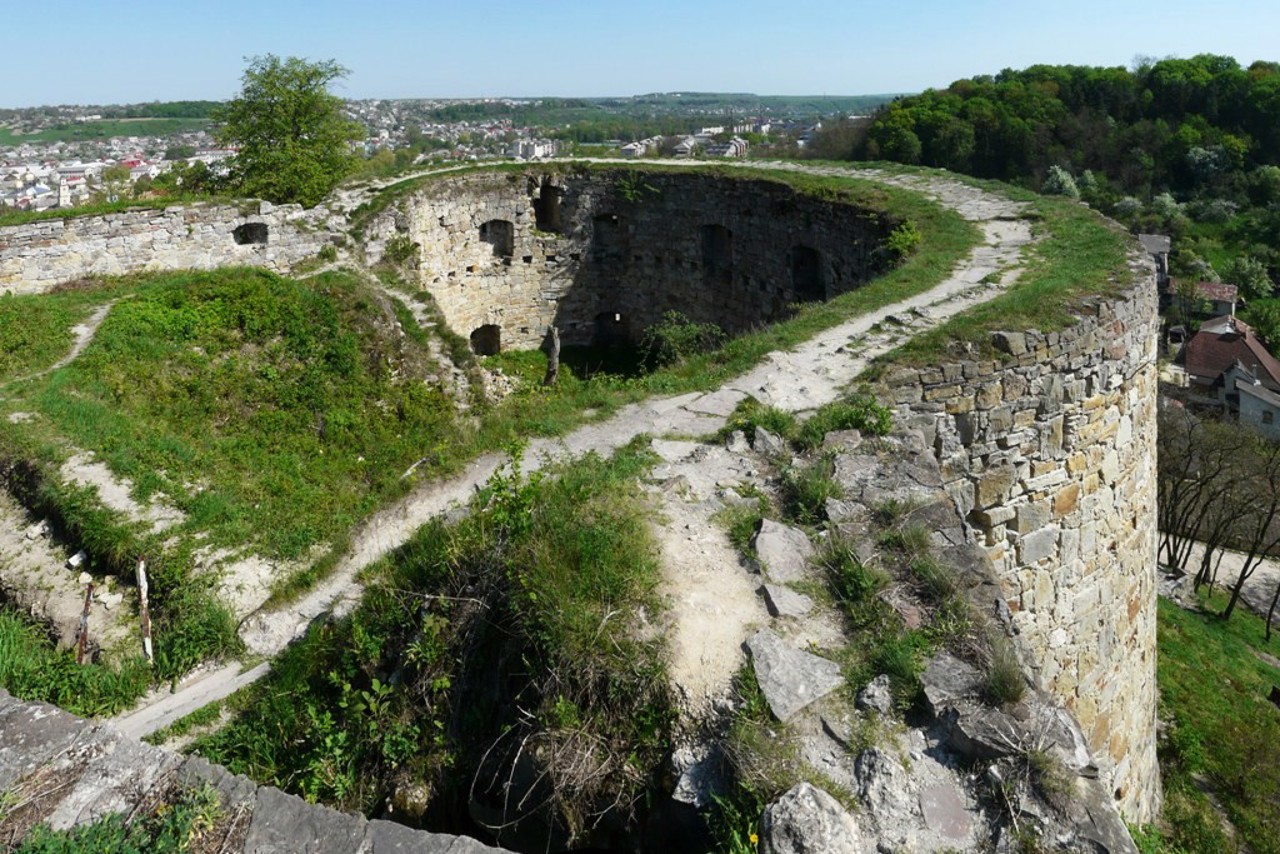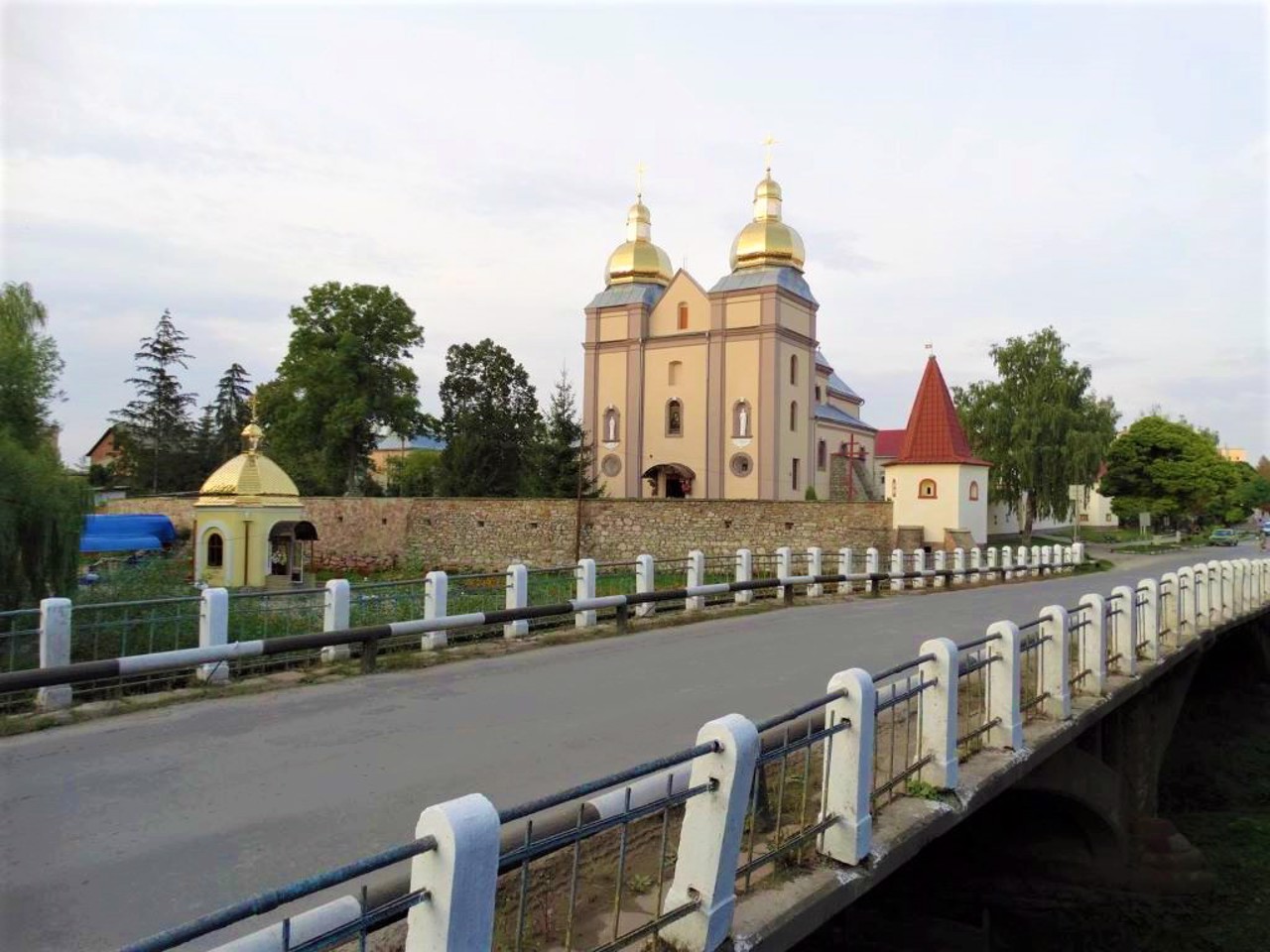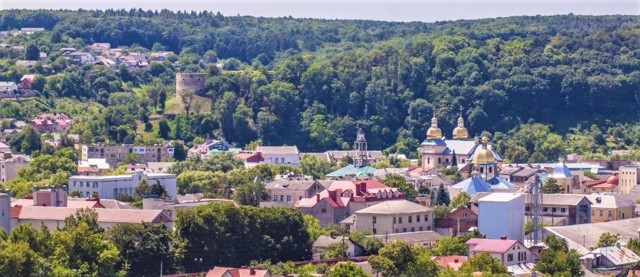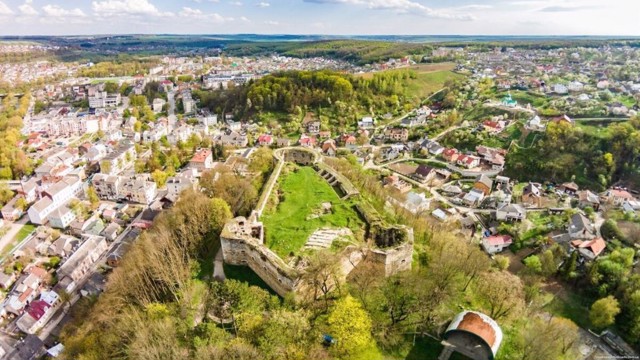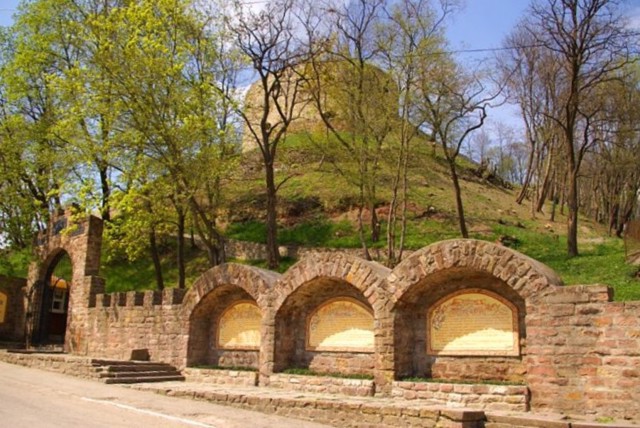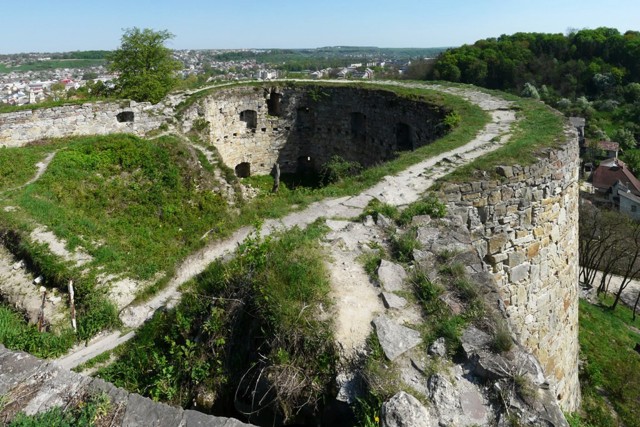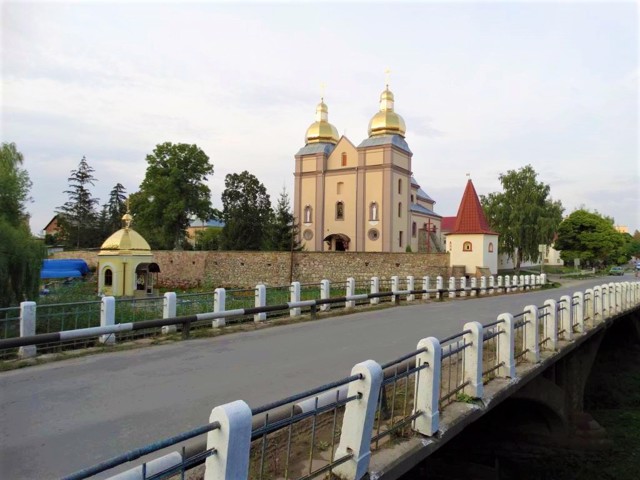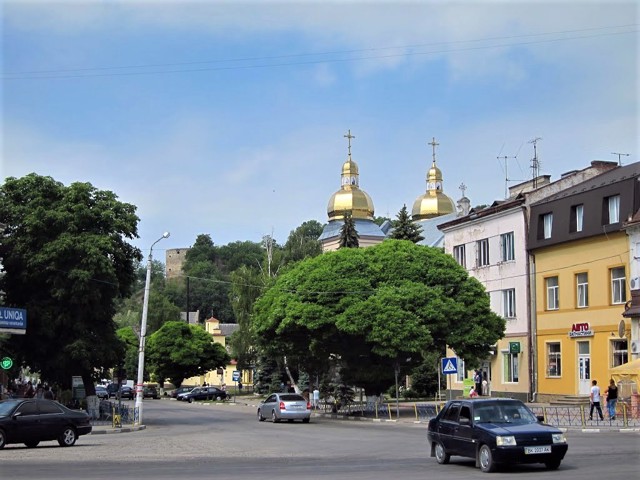Functional temporarily unavailable
General information about Terebovlia
The ancient town of Terebovlia above the Hnizna River is located on the Ternopil - Ivano-Frankivsk highway.
It was mentioned for the first time in 1097 in the "Ipatiyiv Chronicle". It was part of the Principality of Galicia-Volyn, Poland, and Austria-Hungary.
In 1631, a new castle was built on a difficult-to-reach mountain above the river, on the site of Kazymyr the Great's castle (1366). Defensive walls, three towers, and an entrance gate have been preserved.
Interesting Saint Nicolas church (XVI-XVII centuries), which had a defensive character. The Renaissance-Baroque Carmelite Monastery (1635-1639) with the Church of the Assumption, cells, walls and a bell tower over the gate also had defensive significance.
Fragments of historical buildings, inc ...
The ancient town of Terebovlia above the Hnizna River is located on the Ternopil - Ivano-Frankivsk highway.
It was mentioned for the first time in 1097 in the "Ipatiyiv Chronicle". It was part of the Principality of Galicia-Volyn, Poland, and Austria-Hungary.
In 1631, a new castle was built on a difficult-to-reach mountain above the river, on the site of Kazymyr the Great's castle (1366). Defensive walls, three towers, and an entrance gate have been preserved.
Interesting Saint Nicolas church (XVI-XVII centuries), which had a defensive character. The Renaissance-Baroque Carmelite Monastery (1635-1639) with the Church of the Assumption, cells, walls and a bell tower over the gate also had defensive significance.
Fragments of historical buildings, including the city hall, have also been preserved.
Стародавнє містечко Теребовля над річкою Гнізна розташоване на трасі Тернопіль - Івано-Франківськ.
Вперше згадується в 1097 році в "Іпатіївському літописі". Входило до складу Галицько-Волинського князівства, Польщі, Австро-Угорщини.
У 1631 році на важкодоступній горі над рікою, на місці замку Казимира Великого (1366 рік), був споруджений новий замок. Збереглися оборонні стіни, три вежі, в'їзні ворота.
Цікава Миколаївська церква (XVI-XVII сторіччя), що мала оборонний характер. Оборонне значення мав також ренесансно-бароковий Кармелітський монастир (1635-1639 роки) з Успенським костелом, келіями, стінами та надбрамної дзвіницею.
Також збереглися фрагменти історичної забудови, в тому числі міська ратуша.
Сплануй своє перебування у Terebovlia
What to see and where to go in Terebovlia
Tourist attractions and museums of Terebovlia
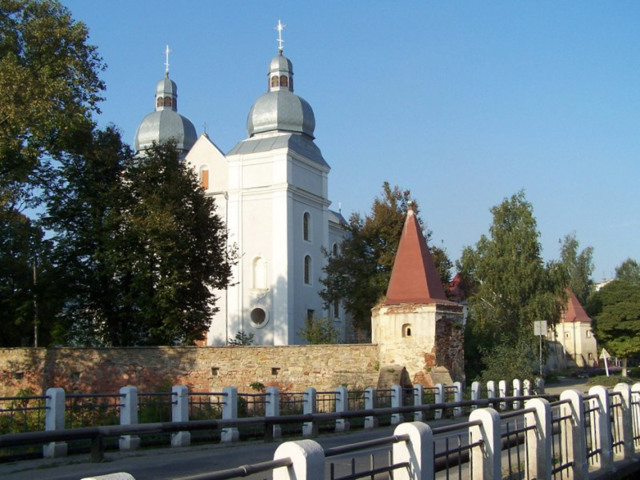
Carmelite Monastery
Temple , Architecture
The Carmelite monastery-fortress with the Renaissance Church of the Assumption was built in Terebovlia on the banks of the Hnizna River in 1617 at the expense of Petro Ozhyha.
Surrounded by a fortress wall with four corner towers with loopholes. The most notable building of the monastery is the former Terebovlia parish church, the construction of which was completed in 1639. A miraculous icon of the Mother of God was kept here, which is now in Gdansk.
In Soviet times, the premises of the Carmelite monastery housed a Christmas tree toy factory.
In 1990, the complex was handed over to the community of the Ukrainian Autocephalous Orthodox Church. The church was rededicated as the Orthodox Church of Saint Volodymyr, a seminary was opened in the monastery premises.
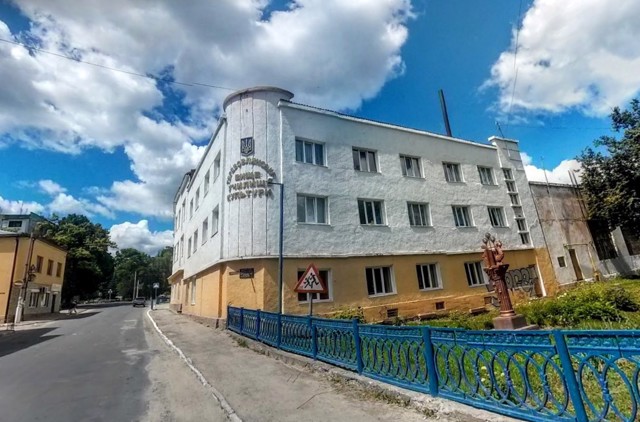
Museum of Terebovlia College of Culture and Arts
Museum / gallery
The museum room of the Terebovlia Vocational College of Culture and Arts was opened in 1982.
The exposition consists of three chapters that tell about the history of the city of Terebovlia, the founding of the school in 1940, its famous graduates.
Documents, photos, books, dissertations of students are presented.
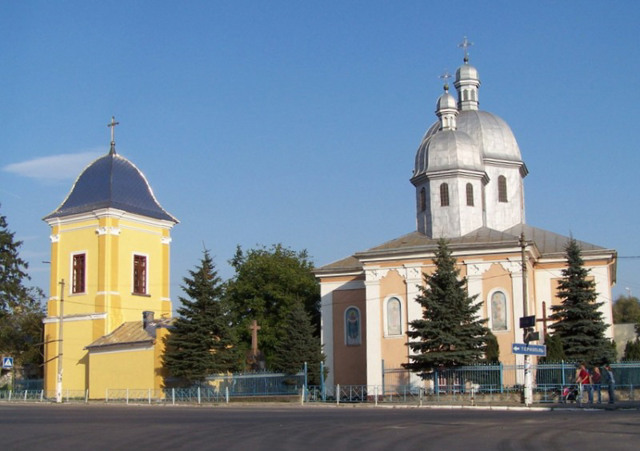
Saint Nicholas Church
Temple , Architecture
The defense church of Saint Nicholas is one of the oldest buildings in Terebovlia.
Saint Nicholas Church was built on the border of the 16th and 17th centuries. It was reconstructed in 1734, at the same time a bell tower was built.
The fact that the Saint Nicholas Church performed the functions of a defensive structure is reminiscent of a closed battle line with loopholes.
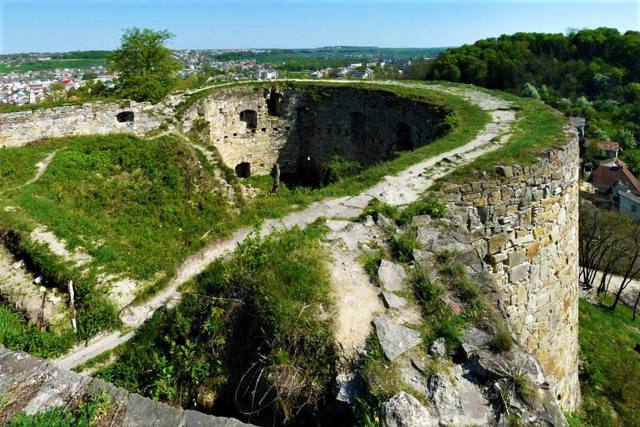
Terebovlia Castle
Castle / fortress
The ruins of the Terebovlia Castle are located on a hard-to-reach mountain in the northwestern part of Terebovlia. This is one of the objects of the National Reserve "Castles of Ternopil Region".
Fortifications existed here even in princely times, when the settlement was owned by Prince Vasylko Rostyslavych. By building a new royal castle in 1366, the Polish king Kazymyr III approved Terebovlia as a border fortress of the Polish state.
The last rebuilding of the fortress was carried out in 1631 by the city mayor Oleksandr Balaban. It had an irregular shape, consisted of three towers, defensive walls, ditches and ramparts on the most vulnerable northern side.
The Terebovlia castle survived several Tatar raids. It became famous during the heroic defense in 1675, when the commandant's wife Zofiya Khshanovska managed to raise the fighting spirit of the city defenders who were preparing to surrender, and the castle withstood the Turkish siege (in the 18th century, grateful residents erected a monument to Khshanovska, which was later lost and restored in 2012 year).
The last Tatar siege in 1687 turned out to be fatal - the Terebovlia castle was burned and was not rebuilt after that. In the 1930s, the ruins were preserved, a park was laid out on the defensive ramparts (commemorative plaques with the names of patrons were mounted in the castle wall). The best-preserved oval tower (bastei) "Rondel", from which a wonderful panorama of the city opens.
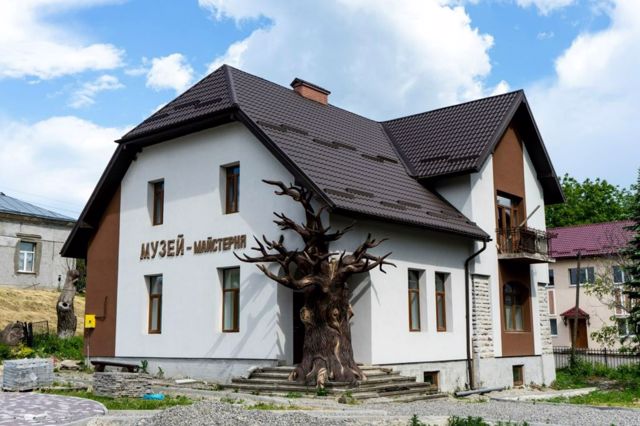
Terebovlia Museum-Workshop
Museum / gallery
Terebovlia Museum-Workshop is a former Terebovlia District Museum of History and Local Lore, founded in 1999.
Located in the former house of the Deputy Chief of the Terebovlia railway station.
The exposition presents archeological materials about the ancient history of the region, objects of the princely era and the Middle Ages, the antiquity of the Terebovlya region as part of the Austro-Hungarian Empire.
The exposition also tells about the events of the Second World War, the development of the national liberation movement and some modern events.
Among the unique exhibits is the zither of the Ukrainian composer Yevhen Kupchynskyi.
A separate exposition is dedicated to the first patriarch of the UGCC, a native of the village of Zazdrist Yosyp Slipy.
The museum-workshop offers master classes on casting plaster figures, knitting dolls, making candles, soap making, painting porcelain, glass and eco-bags.
The Terebovlia Tourist Information Center and a souvenir shop operate at the museum. A variety of tours of the city and its surroundings are offered, including a night torchlight tour with a guide in the image of Prince Sanhushko.
Reviews Terebovlia
Geographical information about Terebovlia
| {{itemKey}} | {{itemValue}} |
|---|---|
| Region |
Ternopil |
